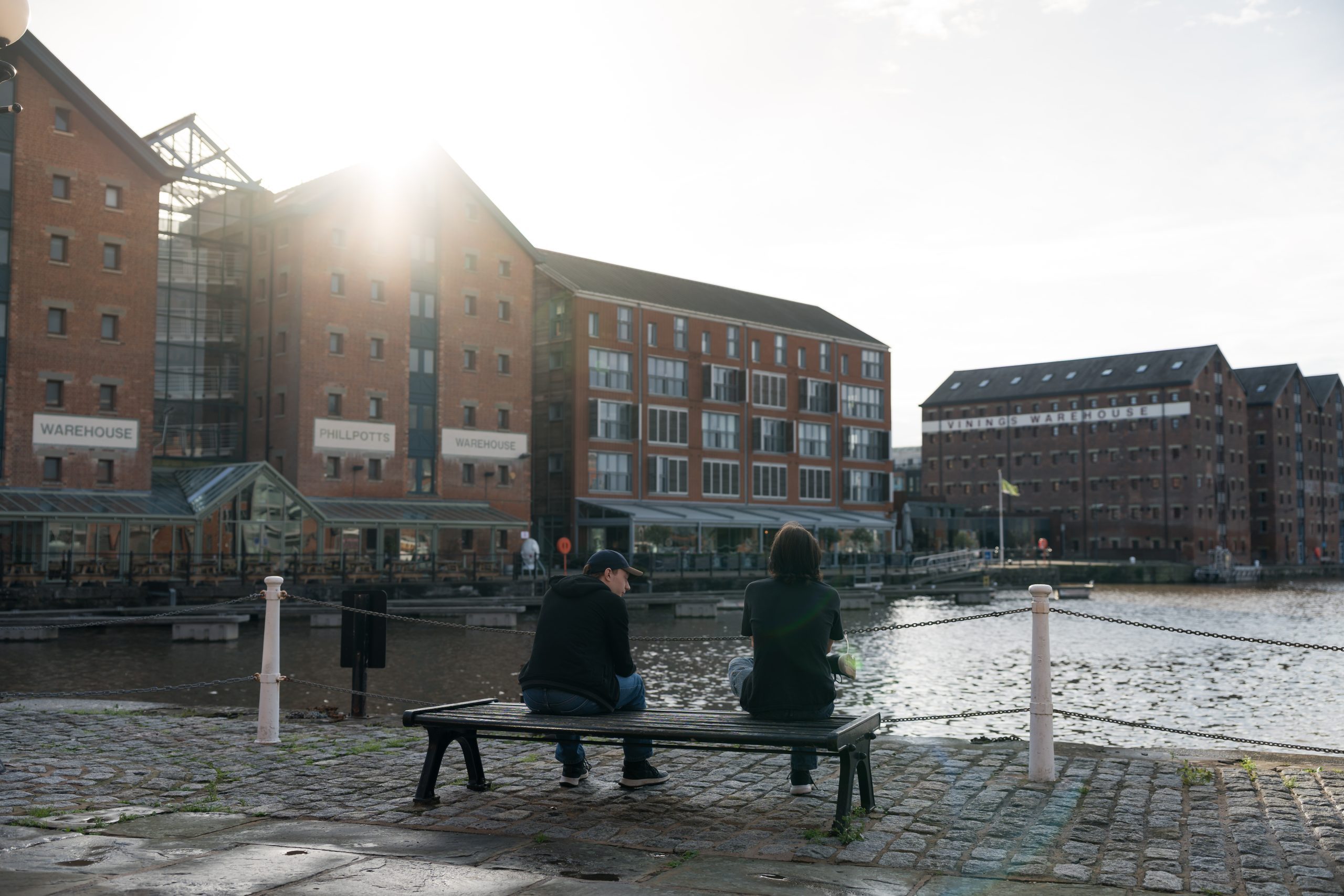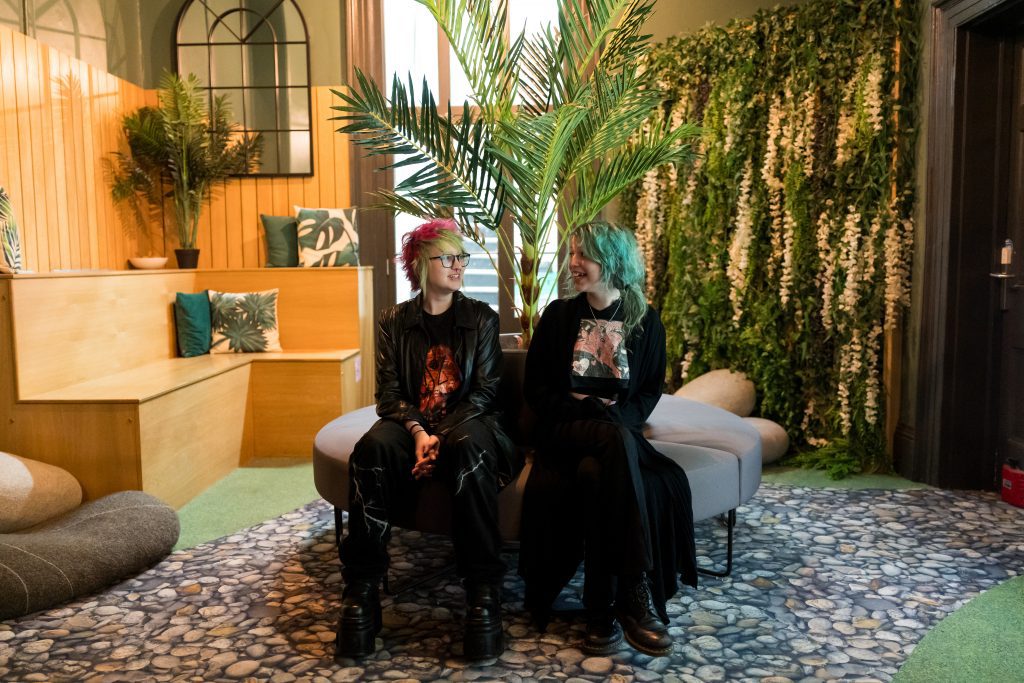
Building confidence and identity through personalised support
A 23-year-old Jo was referred to Young Gloucestershire (YG) by a High Intensity Therapist, with depression identified as the primary concern and gender identity as a contributing factor.
The young person was in the process of transitioning from male to female but described feeling “stuck,” unable to move forward due to barriers in accessing specialist gender identity services. They had been on the Gender Identity Clinic waiting list since 2020, with no updates, which had a significant impact on their self-worth, self-esteem, and overall mood.
Due to high levels of anxiety, the first session was held virtually. The young person expressed uncertainty about how YG’s support might differ from previous services. Through open conversation, the youth worker focused on building trust, safety, and collaboration, helping to create a sense of stability and hope.
Together, they developed a personalised action plan aimed at promoting independence, empowerment, and optimism about the future.
The young person identified four key areas of focus:
-
Independence: Gaining confidence in leaving the house, driving to new places, and taking short walks.
-
Social Transition: Researching voice training, experimenting with clothing and personal style, and exploring self-expression.
-
Medical Transition: Understanding options for medical support, assessing affordability, and reflecting on what aspects of transition were most meaningful.
-
Career and Education: Exploring job opportunities, training, and pathways back into education, while identifying how existing skills could be developed.
The youth worker introduced creative tools to help the young person take ownership of their journey and celebrate progress. Together, they developed a vision board to visually map out transition goals and break them down into manageable, achievable steps.
They also created a “positivity jar” a collection of self-written affirmations and reminders of personal strengths. This became a valuable tool during moments of low mood or self-doubt, encouraging self-reflection and resilience.
Over time, as their confidence grew, the young person transitioned from virtual to in person sessions. They began to:
-
Engage more actively in their local community.
-
Take on small jobs, such as dog walking, to build independence and financial stability.
-
Participate in social activities they had previously avoided.
Throughout the support, the young person demonstrated remarkable progress in confidence, independence, and self-expression. They reported feeling more capable of making positive choices and more hopeful about the future, despite the continued delay in accessing specialist gender identity services.
“Even though I’m still waiting on gender identity services, I feel like I’ve come a long way. I’m more confident getting out and about — and much more confident in myself.” Young Person
You may also like...
Supporting Alex: Small steps, real change
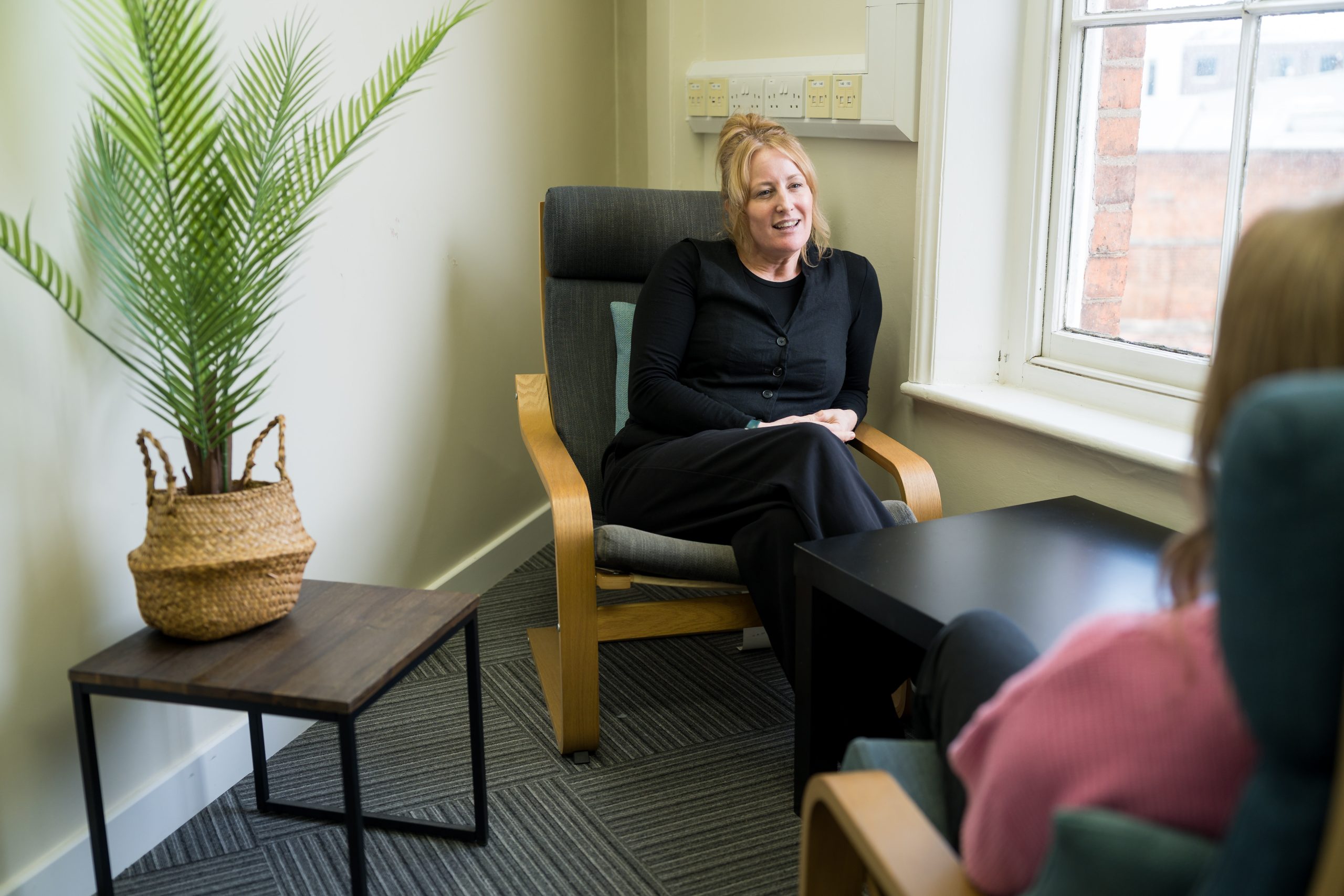
My Journey from unemployment: Finding my path again
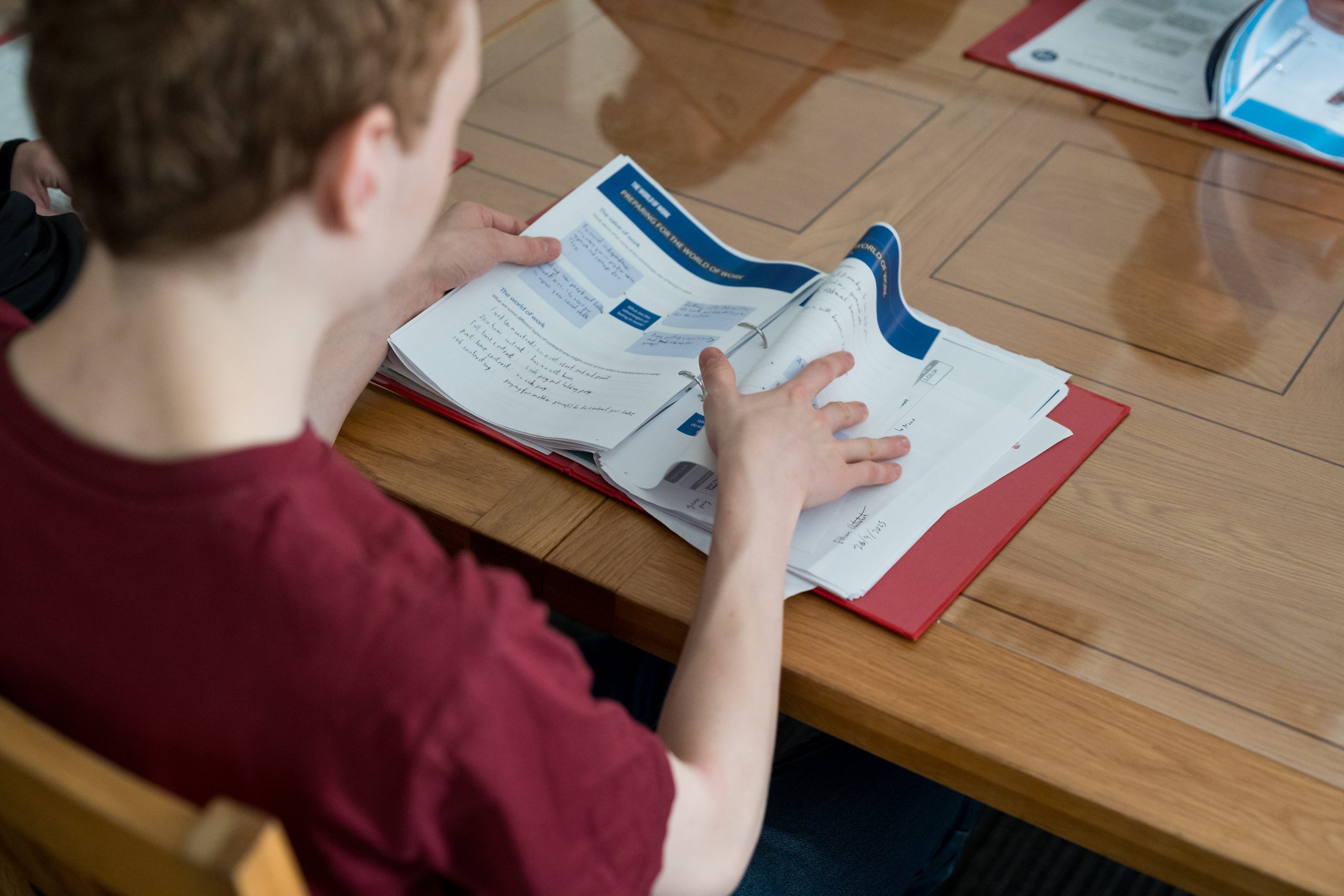
Building resilience and overcoming challenges
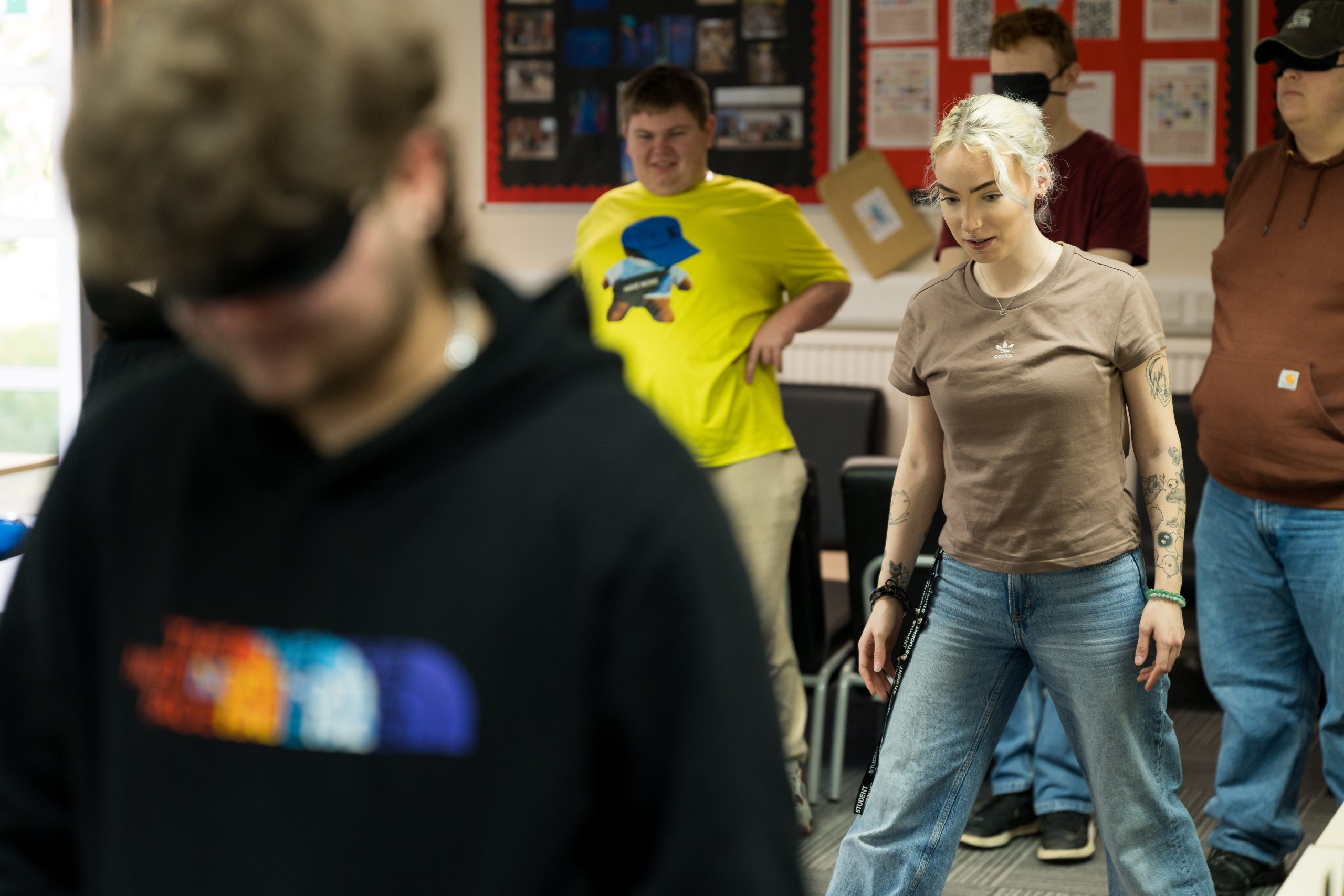
Finding my voice
